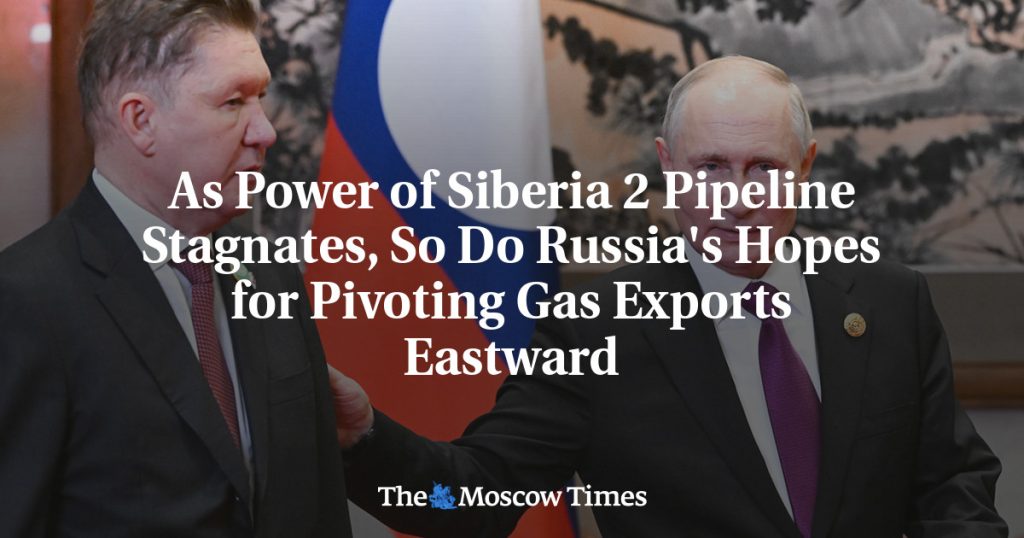President Putin’s Deputy Prime Minister mentioned plans for Moscow and Beijing to sign a contract for the construction of the Power of Siberia 2 gas pipeline during Putin’s state visit to China. However, the deal did not materialize, and there have been no updates on the status of the contract. Sources suggest that the project might be stalled due to China’s demand to pay for gas at prices close to Moscow’s domestic tariffs, potentially undermining profits for Russia’s gas exporter, Gazprom. Additionally, China was only willing to purchase a fraction of the pipeline’s capacity, making the project appear unfeasible at the moment.
Prior to Russia’s 2022 invasion of Ukraine, Gazprom was supplying over 140 bcm of gas to the European Union and the UK annually, which was its most significant foreign market. However, Western sanctions and retaliatory measures have led to a drastic decline in supplies, with Gazprom incurring its greatest annual loss in 20 years in 2023. As a result, the company is exploring alternative options, including boosting sales to Asia, notably China. The Turk Stream pipeline to Turkey remains a viable route, but Gazprom’s overall prospects in Europe have dimmed.
With limited remaining pipeline capacity to meet Chinese demand, Gazprom’s only option is to construct a new pipeline, Power of Siberia 2. This project, however, would involve significant time and financial investment, which Gazprom may not be able to afford. Independent analysts suggest that the first Power of Siberia pipeline was unprofitable from the start due to China’s low payment tariffs, and the second pipeline could face similar challenges. China’s bargaining power in these negotiations puts Gazprom at a disadvantage.
Experts point out that Gazprom’s pivot to Asia, particularly towards China, presents political and commercial risks. While oil has historically been the main source of income for Russia, Gazprom’s business in Europe provided significant political leverage. This influence has been eroded, and it remains uncertain whether similar advantages can be gained in China. The outlook for Gazprom’s profitability in China is unclear, with potential political implications for the relationship between the two countries.
The ongoing geopolitical tensions, particularly with Europe, have disrupted Gazprom’s traditional business model and impacted its revenues. The future outlook for the company depends on multiple factors, including potential changes in leadership and relationships with European partners. Until a resolution is reached, Gazprom is likely to continue facing financial losses, potentially leading to downsizing of its operations. The long-term fate of the company hinges on political developments and market dynamics, with uncertainties prevailing in both European and Chinese markets.


